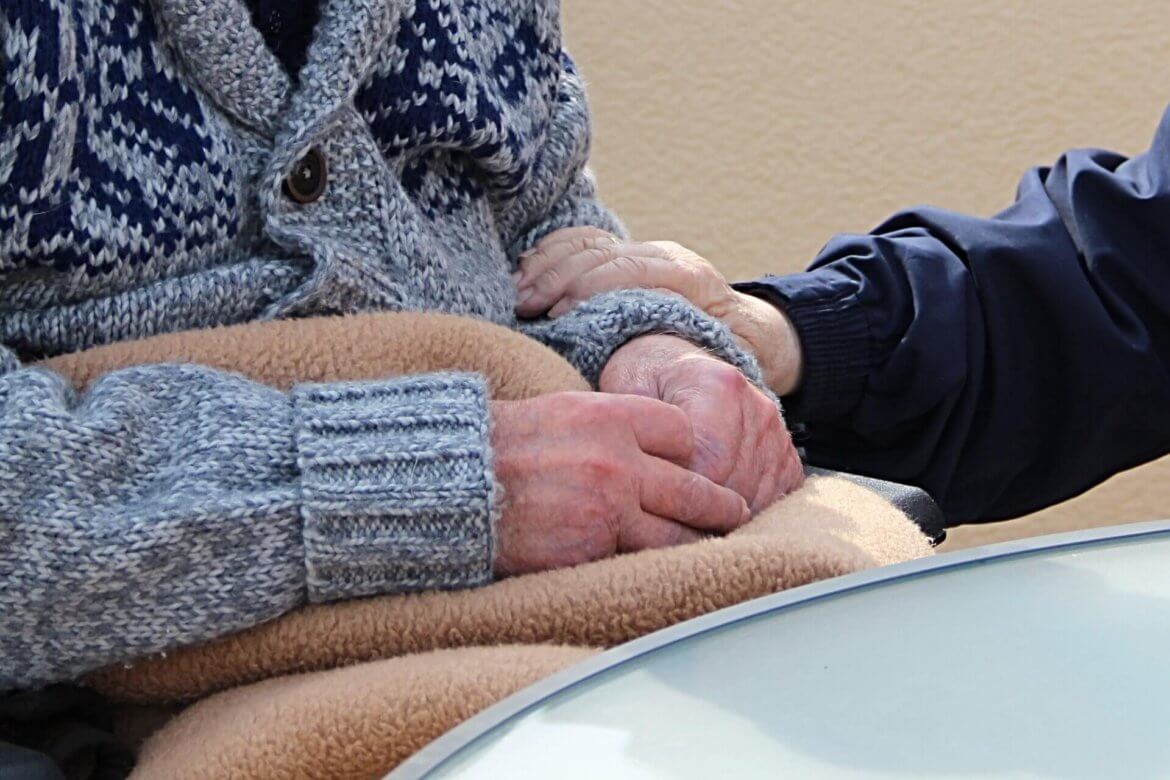And how this affects everyone
It’s currently global Antibiotics Awareness Week (November 18-24) and there are significant efforts around the world to raise awareness among clinicians and patients about why it is important to avoid unnecessary antibiotic prescriptions. A new report shows that as many as 14 Canadians die every day from antibiotic resistance. Worldwide, 700,000 deaths occur annually that can be attributed to antibiotic resistance; in 30 years, this is expected to mushroom to 10 million deaths.
Many Canadians might be surprised to find that nursing homes are one area of particular concern for antibiotic overprescribing.
Well-intentioned but inappropriate use of antibiotics in nursing homes are contributing to the growth of antibiotic-resistant bacteria and even cause other serious infections such as C. difficile — both within nursing homes but also for populations beyond long-term care facilities. Over prescription in one domain affects everyone.
There are more than 300,000 Canadians who live in nursing home settings. One of the most common reasons that Canadians in nursing homes receive antibiotics is for possible urinary tract infections.
Studies show that in long-term care settings, up to 50 per cent of residents will have bacteria in their urine but bacteria in urine does not mean that these individuals have an infection and require antibiotics. Harmless bacteria are often present in older adults’ urine and do not cause infections. This is called colonization, not infection.
Increasingly, clinicians, like myself, who practice in nursing homes are taking a leadership role on this issue. We are telling both our fellow clinicians, nursing home residents and their families about this problem and trying to change habits and the culture in nursing homes.
Choosing Wisely Canada, a national campaign to engage clinicians and patients in conversations about antibiotic overuse has a special initiative targeting nursing homes. It urges doctors and nurses to ‘reflect before you collect’ and to not rush to urine testing without considering other causes for a change in a patient’s health status.
The residents that we provide care for in nursing homes are increasingly frail and medically complex. They are generally older adults and many are living with dementia. For years, medical and nursing students were taught that a reason for a change in behaviour of older adults with dementia could be due to a urinary tract infection. It can be challenging for those patients, to communicate their needs with us, so we sometimes make incorrect assumptions.
Often, we cannot ask our patients if they are experiencing physical symptoms of urinary tract infections, such as burning when they urinate. Because of this, we need to take extra care and do a thorough bedside assessment to determine if they have an infection and really need antibiotic treatment.
Change in behaviour may have many other causes. We also need to work on effective communication with residents’ family members and caregivers to ensure that they understand the risks and harms of unnecessary antibiotics.
There are three simple questions to start a conversation:
1) Do I really need antibiotics?
2) What are the risks?
3) Are there simpler, safer options?
We need to avoid powerful medications like antibiotics when they are not needed and save them for when they are truly necessary. This will not only improve appropriate care for nursing home residents but reduce antibiotic resistance for everyone. Changing prescribing practices in long-term care settings is an important step toward that goal.




